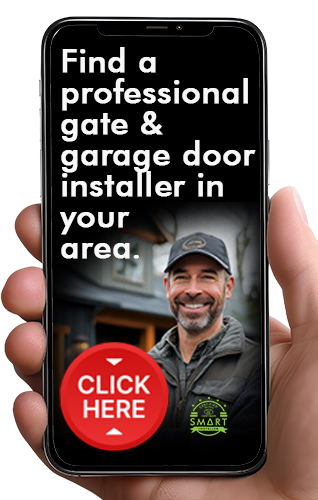Did you know that you touch your face on average twenty times in a single hour? That interesting, if seemingly innocuous, statistic was quoted in a recent documentary about virology narrated by none other than J.K. Simmons, the guy who played J. Jonah Jamison in all the recent Spiderman movies – and you just know he’s the kinda guys that means business and is all about the facts
It’s one of those automatic, subconscious actions that appears harmless on the surface (and more on surfaces in a bit)…until you consider the fact that you are potentially transplanting countless germs from your hands into your mouth, nose and eyes where the mucosa provide entry for these pernicious passengers into your body where they can wreak all sorts of havoc.
We’ve dedicated a lot of space on this blog to discussing observable threats (i.e. criminals) but, in this article, we’re following in the (microscopic) footsteps of Scott Carey in Richard Matheson’s book The Shrinking Man and taking a look at the often hostile invisible world around us and, more importantly, how automation fits into curtailing the spread of disease.
The problem
As we mentioned above, whether rubbing our eyes, stifling a yawn or facepalming at a colleague’s bad joke, we touch our faces a lot. But that’s not the problem. The problem is that our hands also come into contact with innumerable germ-carrying surfaces – and we’re talking specifically about door handles – during the course of the day, and this is one of the main ways that viruses hitch-hike a ride straight into our bodies. We may, in turn, touch another door handle, and so the disease is spread relentlessly until the loop is closed and the virus has nowhere to go.
As one of the first “living” inhabitants of Earth, viruses have learned to evolve and mutate to survive, and they can live on surfaces for many hours. These surfaces become what is known as vectors; that is, an agent that causes the transmission or spread of a pathogen to a living organism.
Where does door automation fit in?
While it may seem that we are powerless against these biological aggressors, there is actually a lot we can do to curb the spread of viruses, foremost of which is to practise good hygiene by regularly washing our hands, properly disposing of used tissues, covering our mouth and nose when we cough and sneeze, etc.
We can also avoid getting sick or making others sick by minimising contact with potentially germ-carrying surfaces such as door handles.
And that’s where door automation fits in.
Automatic doors promote hygiene through contactless operation, helping to prevent the spread of germs. They are often used to provide easy, barrier-free access in shopping malls and office reception areas; however, the efficacy of automatic doors in supporting hygiene is notably beneficial in environments where sanitation is paramount such as hospitals, doctor’s and dentist’s offices, pathology labs, public bathrooms and food processing plants. Automatic doors can be operated using motion detector sensors, or integrated with no-touch systems that only require the user to swipe her hand in front of the reader to open the door.
Here are some great reasons to choose CENTURION for all your contactless access requirements
- The best long-term reliability in the industry – NEMKO-certified for up to 2 million maintenance-free cycles
- Unique energy-saving technology helping to protect the environment and driving down utility costs
- Optional battery backup for continued operation during power outages
- Inherent safe anti-crushing sensitivity for complete peace of mind
- Locking in closed position for increased security
- The best solution for high-volume environments
For more information on our premium range of door automation solutions, contact Jaco at [email protected].
For those visiting from outside South Africa, please contact our CENTURION International Markets Department today on [email protected] or +27(0)11 699 2421.






